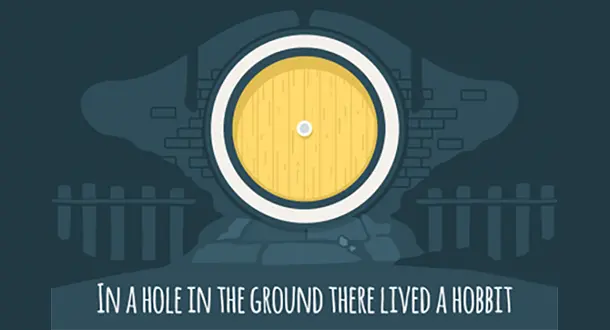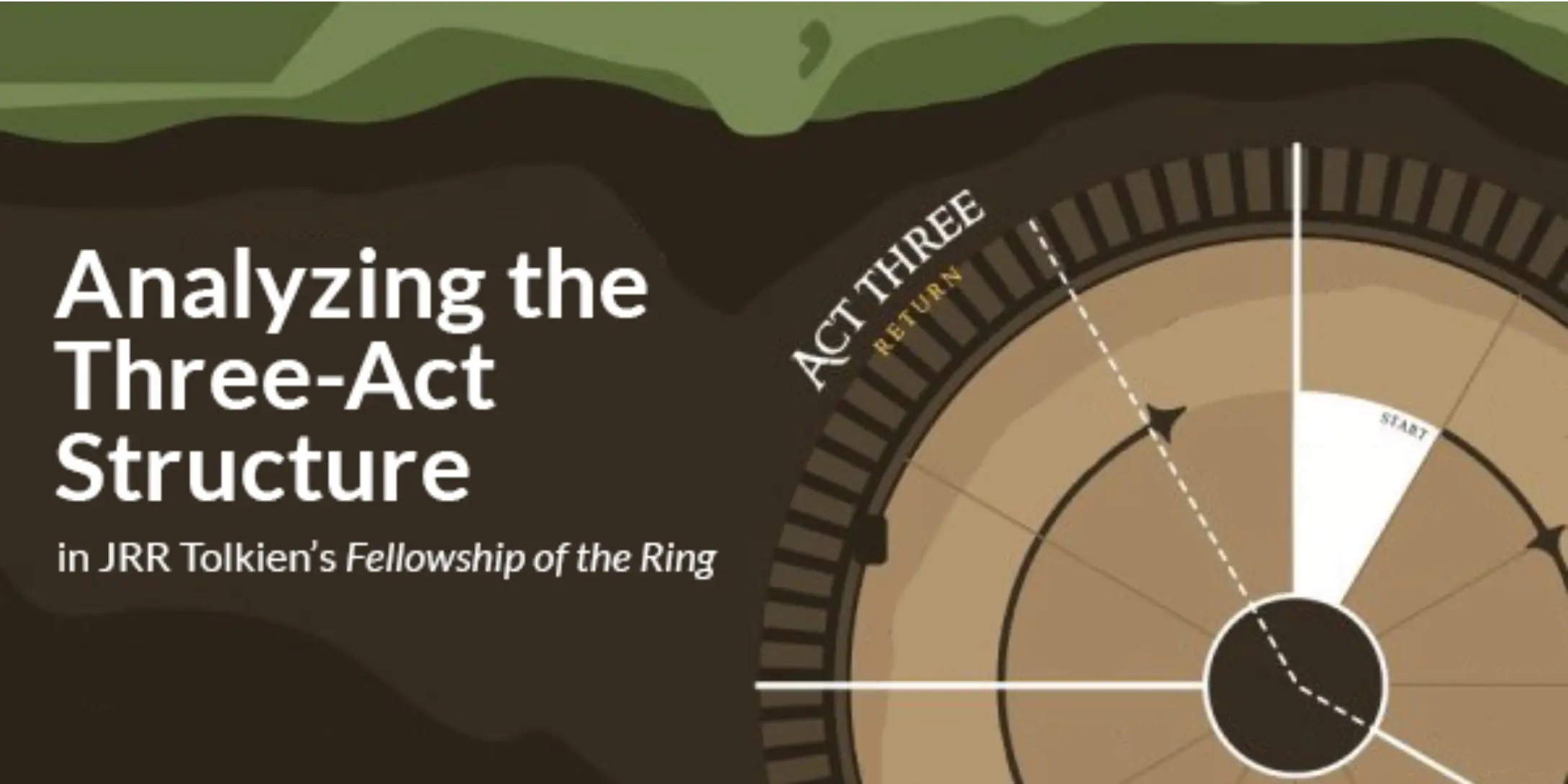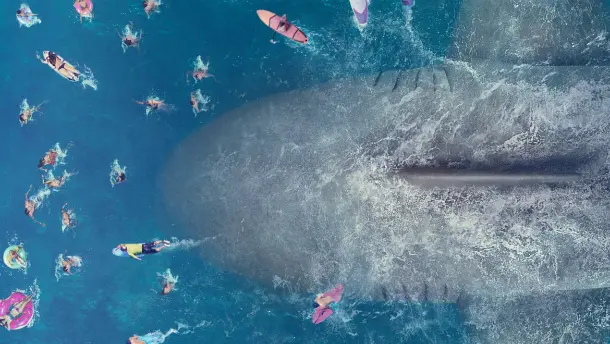Menu
Columns
Showing 3546 Columns
Showing 3546 Columns
August 24th, 2018

Header image by Dorran I’ve been compiling a favorites list of short stories for a while now, just for myself, but it occurred to me to share the love. Simply because of my tastes, most of these skew dark if not outright horror, but they also tend to skew deep and thoughtful. For the sake of accessibility, I’ve only included the ones I could find for free online, so you can go read them right now. (Emphasis on now, given the temporary nature of websites and linking.)
Read Column →August 23rd, 2018

I never thought I would collaborate with a horror giant whose career affected my own. In fact, I never thought I would collaborate with anyone. Collaborations are weird. They've always struck me as the kind of thing you only do with someone you've been friends with for years. In the case of late horror maestro J.F. Gonzalez, he collaborated with other amazing horror writers who also happened to be his friends, namely folks like Brian Keene, Mike Oliveri, and Wrath James White. Now imagine my surprise when I was asked to collaborate with him. No, wait.
Read Column →August 23rd, 2018

Beavis and Butthead gave us modern criticism. They’d watch a music video and determine whether or not it “sucked” or “ruled.” They distilled the Siskel and Ebert “thumbs up/down” thing to its very core, stripping the act of criticism down to a binary that continues to this day (what’s up, Rotten Tomatoes). Don’t get me wrong, Beavis and Butthead was awesome. It ruled. It’s just that now we’re all Beavis and Butthead. Everything rules or sucks.
Read Column →August 22nd, 2018

Published between July, 1954 and October, 1955, the Lord of the Rings series has since cemented itself as a timeless epic fantasy that has greatly influenced the genre. Having been adapted to radio, film, and soon television, there is no denying the enduring cultural pull of Tolkien’s magnum opus. There are so many amazing moments in the series but, for the sake of brevity, here is a list of 10 of our favorite moments from the Lord of the Rings — organized chronologically, because ranking them would be next to impossible.
Read Column →August 21st, 2018

Summertime sadness. It’s not just a clever title. It’s not just my favorite Lana Del Rey song, excluding of course the one where she compares the taste of her ladyparts to a soft drink, a claim that strikes this writer as dubious. Because if you could make a part of your body taste like cola, wouldn’t you make the inside of your mouth taste like cola, and wouldn’t that be a much better use of your powers? You could taste cola all the time! Think it through, Del Rey.
Read Column →August 17th, 2018

Image via FreeImages When people say to you, “Hey, can you recommend a good beach read?” they generally aren’t looking for something heavy. They want something they can deal with in the sun, with waves crashing and kids screaming and suntan lotion sweating into their eyes, not to mention the endless parade of beautiful people walking along the surf wearing next to nothing. It doesn’t have to be mindless.
Read Column →August 16th, 2018

Header image by dreamguy, via Free Images I tell people I have a job and a half. My full-time job, the one that pays the bills and keeps me fed and able to see my doctor, that’s the one where I spend 40+ hours every week (plus commute). That’s my day-job, and that’s my priority right now. That’s what I do.
Read Column →August 15th, 2018

As the old adage goes, good things come in threes — and it’s no coincidence that this includes J.R.R. Tolkien’s famous Lord of the Rings trilogy. To celebrate the publication of The Fellowship of the Ring in late July of 1954, we’re taking a look at how Tolkien used the three-act structure to create a masterpiece. There’s no author who towers over one genre like Tolkien does with fantasy — so we might as well analyze the best, right?
Read Column →August 13th, 2018

When I finished reading Dan Simmons’ The Terror, a fictionalized retelling of the disastrous Franklin Expedition of 1845 (and the inspiration for the very expensive-looking AMC series starring Jared Harris and a bunch of British actors with fantastic cheekbones), I thought two things: First, whatever happened on that ill-fated journey through the Arctic wastes, most of the real-life crew wasn’t systematically torn apart by a Yeti-like creature impervious to bullets. Simmons definitely made that part up.
Read Column →August 10th, 2018

Today Jon Turteltaub’s The Meg swims into theaters, based on Steve Alten’s bestselling Meg series about Carcharodon megalodon, an extinct (OR IS IT???) shark species that could grow up to 100 feet long.
Read Column →🎼
Tell us about your book, and we'll give you a writing playlist
Take our 1 minute quiz to find your ideal tunes.